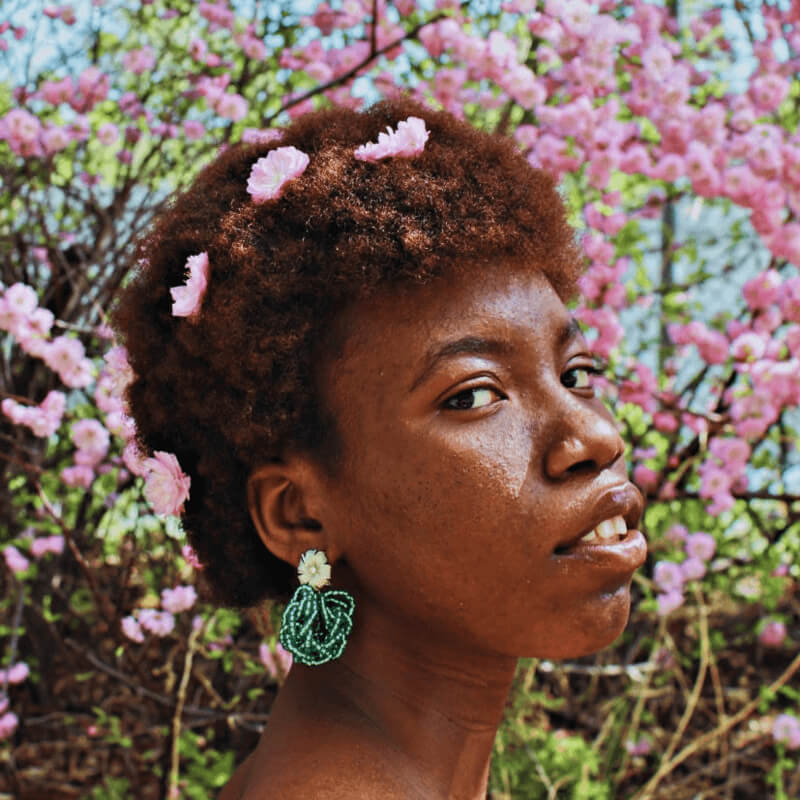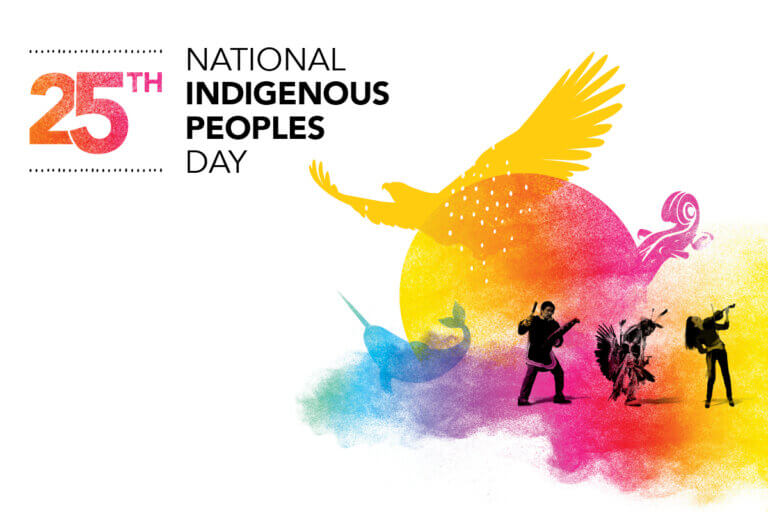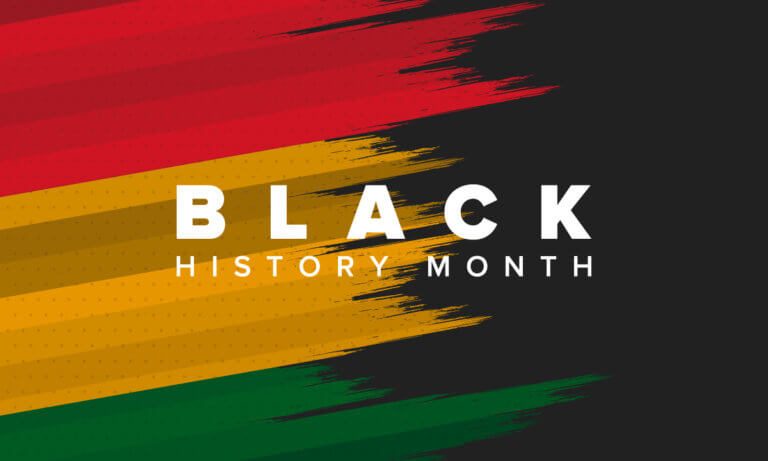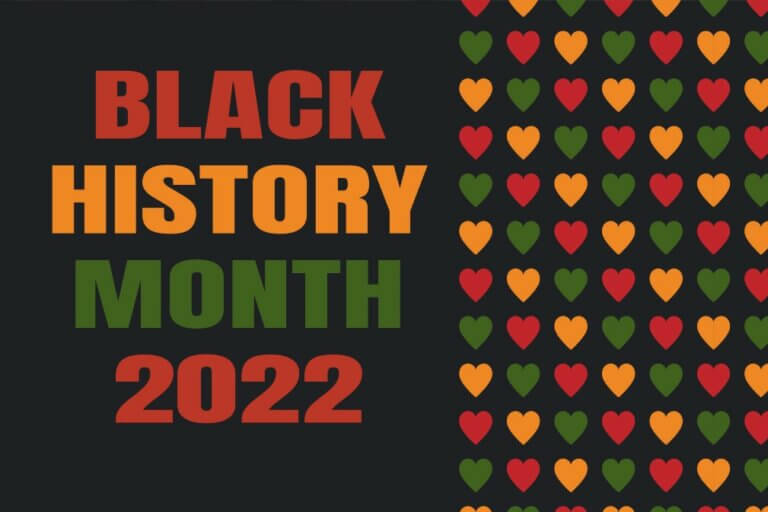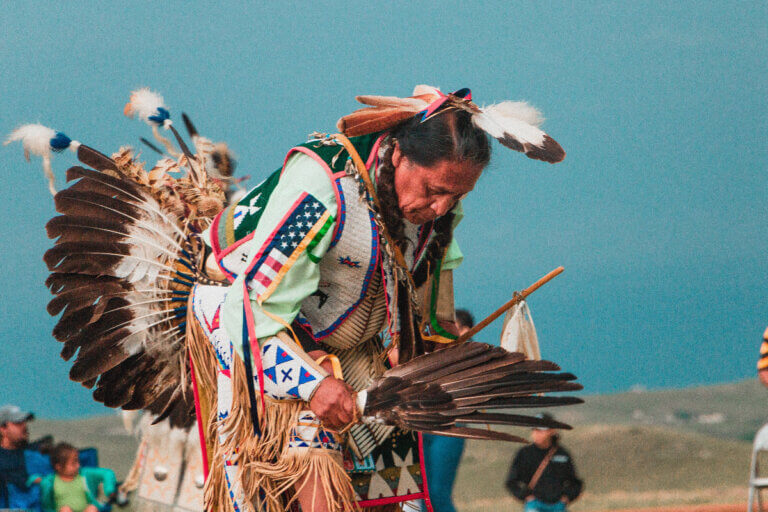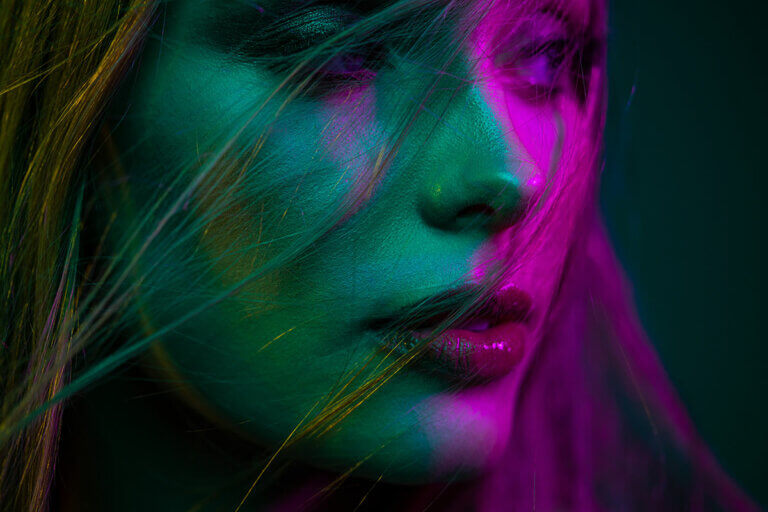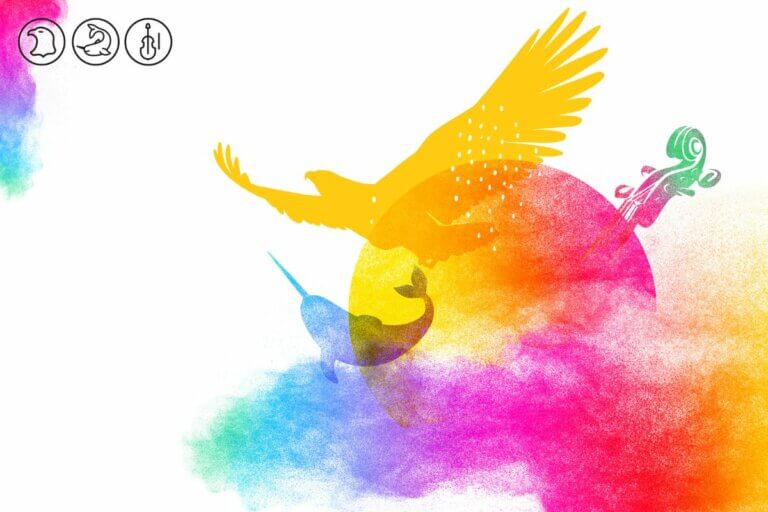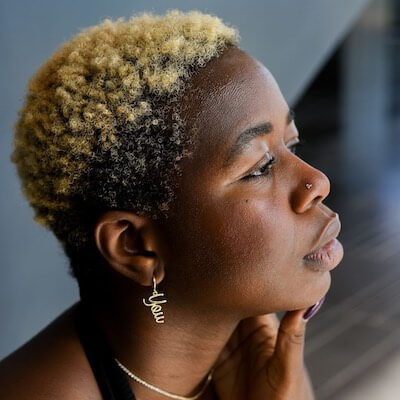Lead photo credit Tomilola Ojo
A person’s identity is made up of many things. We choose to label ourselves as different facets of our identity throughout our lives. Whether through our jobs, passions, national or ethnic groups, gender, race or sexuality, there are infinite combinations that make up a person. The magic is at the intersections — a meeting point for all that makes us who we are to convene.
There are aspects of my identity that I have placed at the forefront through different phases of my life. I have identified as a writer, a student, a creative, an immigrant, a black woman, and a Nigerian-Canadian — to name a few. Though all these aspects of my identity are equally important, some feel like they’re being generalized to become my entire personality… specifically, the colour of my skin.
The colour of my skin is one of the first things people notice about me in this part of the world, and sometimes, this keeps them from trying to get to know the rest of me. My race is generalized to be the only aspect of me worth knowing, worth asking about, worth writing about.
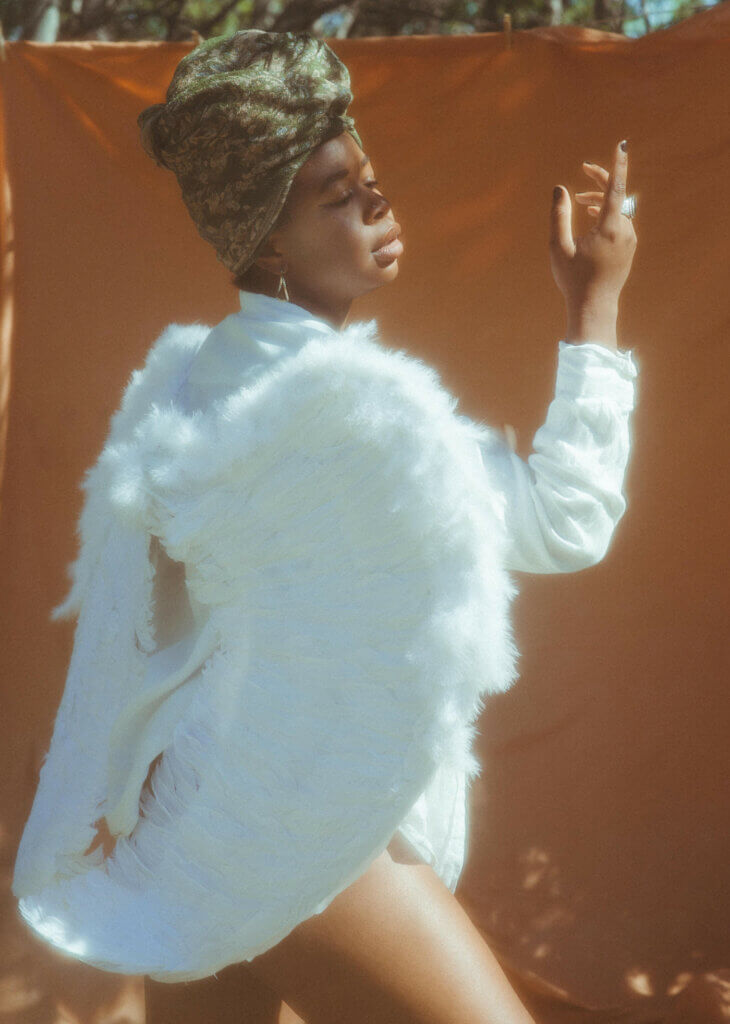
While the recent media attention to the Black Lives Matter movement and my coming of age has brought attention to this issue of reduction of black people to just their race, it has also exacerbated the problem.
Black creatives are in demand because of BLM, making blackness a commodity
There has been a sudden high demand for black creatives, but this is not because black creatives just began showing up. The emphasis is not placed on the “creative”, but on the “black” aspect of this identity and this identity is then commodified. Companies hire one black person and believe they’ve fulfilled the diversity requirement that the BLM movement has created, but make no changes to racist policies that are systemically keeping BIPOC on the sidelines. The recent high demand for black creatives due to the Black Lives Matter movement is saying something very specific: you were not enough as an artist, but your blackness makes you an asset right now. Now that blackness is in vogue, you are of use to us.
Right now, black creatives are being asked to speak on their traumas as they simultaneously experience them. We are not given time to grieve but are asked to be strong. We are asked to write stories on blackness, our struggles and our marginalization. While these stories are definitely important, they are forcing black artists to put traumatizing situations on display in real-time. The issues of racism are age-old, but they are still current. How do you deal with trauma when it keeps on happening as you try to heal it?
Related Articles
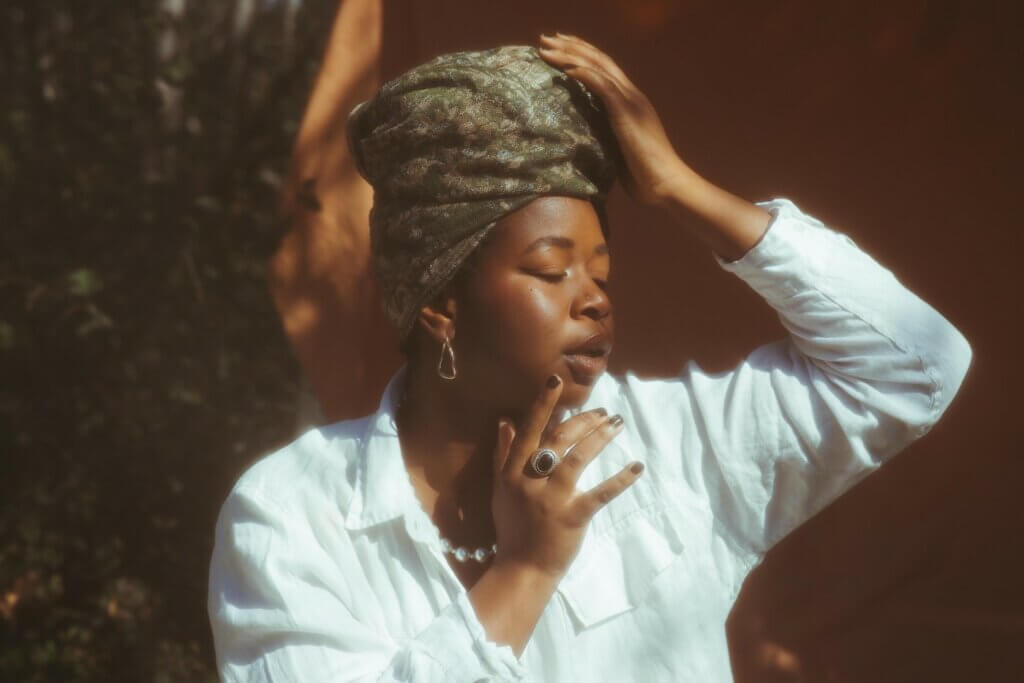
While discourse on the topic of black pain is extremely necessary and important, not every black child who had a dream of artistry and creativity dreamt that all they’d be asked to write on would be pain and suffering. As a child, I wrote stories of talking animals and innocent romance, not of my difficult feelings about the brutal murder of black people at the hands of police, or on the concept that I might be treated differently because of the colour of my skin.
There is more to us than our skin colour
Asking black creatives to write only on their blackness or only on the pain they experience as a result of their blackness is reductive. There is too much breadth and width and complexity to our identities aside from our blackness for us to be constantly only asked to speak on one aspect of it. At the risk of sounding like a broken record and parroting the words of many other black people before me, there is more to us than our skin colour.
Being black with everything going on in the world right now has been difficult. And because of the capitalistic society we live in, our pain is being commodified and sold to the highest bidder.
If you are a black person who has been struggling, cut yourself some slack. You’re living through a modern civil rights movement, a pandemic and whatever else life has decided to throw at you. It’s okay to feel overwhelmed.
I cannot articulate how much emotional labour I have spent just trying to survive, stay hopeful, and not succumb to cynicism. To still be kind and see the good in things, to give more beauty to the world than it gives me. While the world may not give us all our flowers while we are still here, we need to continue to water our own gardens.
